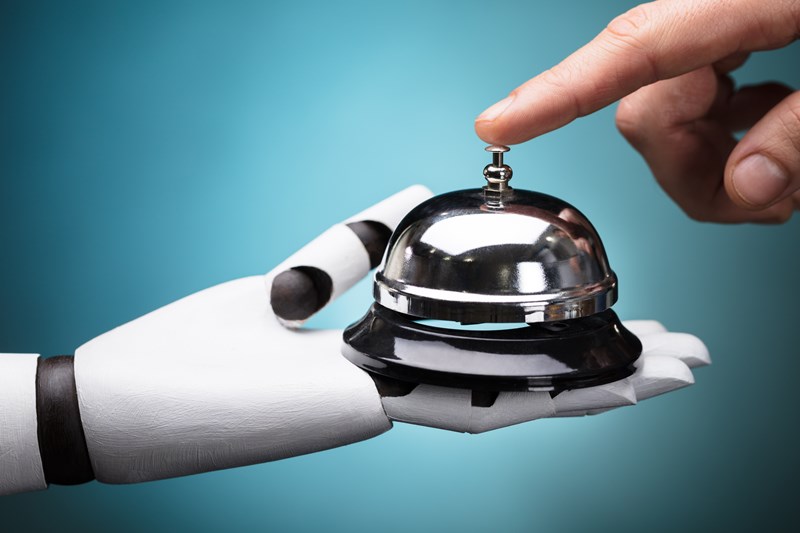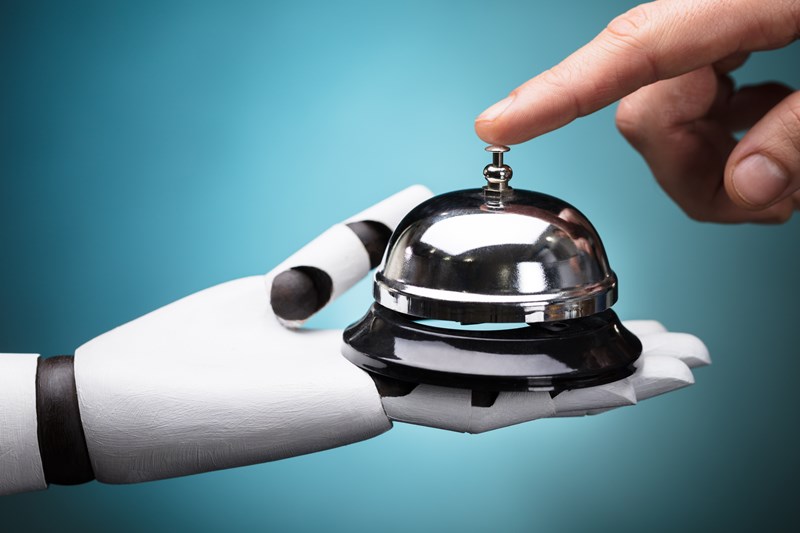
A desire to avoid humans, virtual companions and new points-of-sale are among the consumer trends shaping the hospitality industry this year.
Sabre Corporation has identified these trends as part of its 2019 Global Consumer Trends in Hospitality study, done in partnership with global insights company TrendWatching.
“The hospitality industry is always reinventing itself, constantly adapting to the changing expectations of travelers,” says Clinton Anderson, president of Sabre Hospitality Solutions.
“As a result, digital transformation has become a rising priority for hoteliers due to its ability to generate more targeted, personalized offers. Ultimately, shifts in how individuals interact with technology, brands and even space translate directly into new, untapped opportunities for hoteliers.”
Robots … but friendly
As consumers grow used to a staffless experience in retail environments, they’re coming to expect the same at hotels, the study finds. Humans have become an impediment to convenience, thanks in part to mass affluence, urbanization and fragmented lifestyles.
By adopting new automation technologies, hoteliers can provide guests with lower prices and an original experience without suffering a loss in service quality.
Subscribe to the PhocusWire newsletter below!
At the same time, some travelers are open to company – primarily in the form of virtual companions.
In 2019 and beyond, the study reports, consumers will want more than simple information from chatbots and digital assistance – they’ll want to be entertained, educated and befriended.
For hotels, providing companionship to travelers can come in the form of everything form robot concierges to injecting brand personality into an in-room tablet.
“Magic points-of-sale”
How and where consumers shop and engage with brands is shifting – a trend that will continue as augmented- and virtual-reality technologies mature.
Brands are looking beyond traditional retail, advertising and distribution channels to reach consumers, and hotels have the opportunity to tap into “magic points-of-sale” where travelers can browse, test and purchase products in innovative ways.
For example, these points-of-sale could be in a VR experience in which guests preview a hotel room or in Facebook Messenger through an AR-powered tool.

